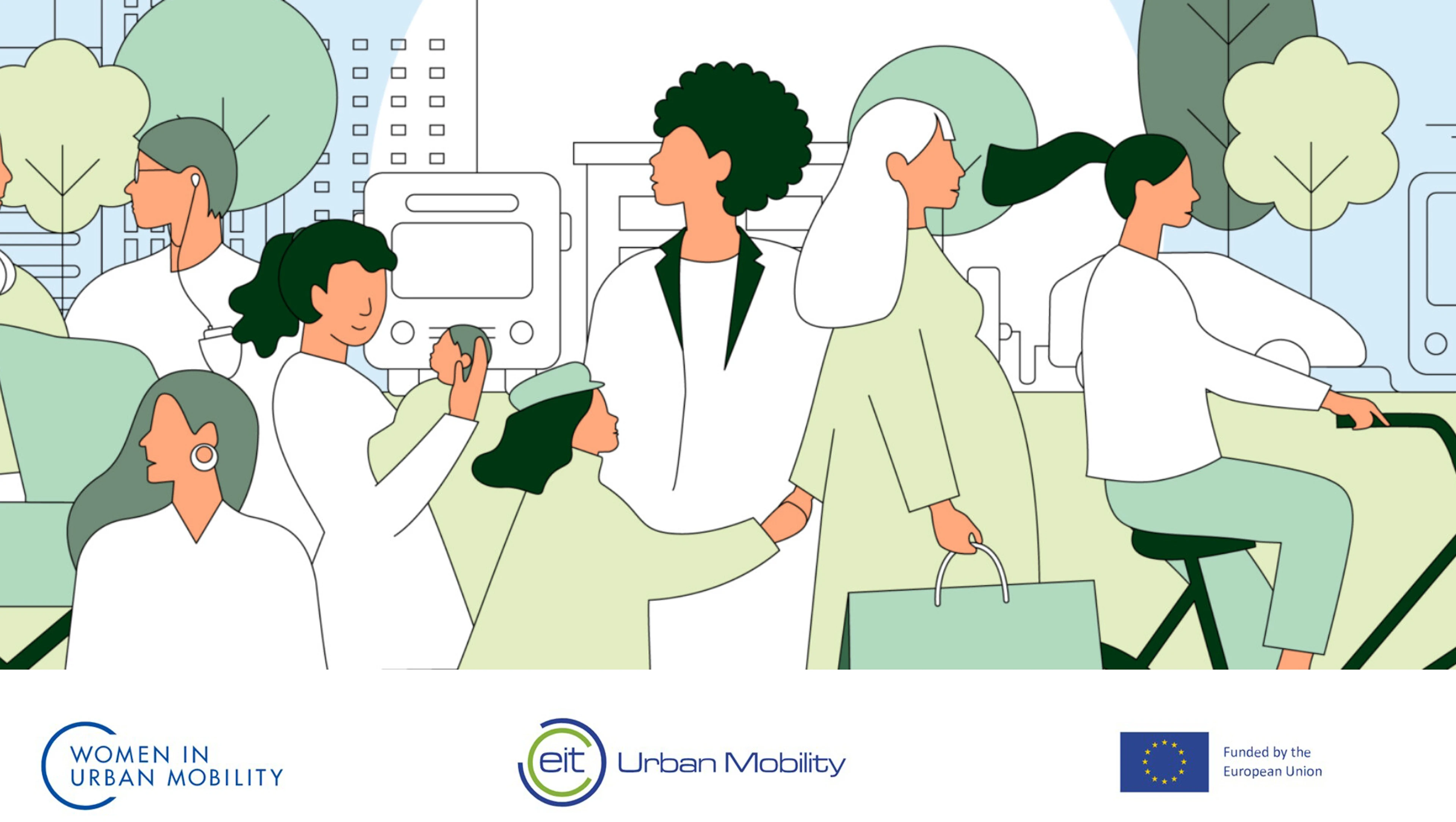
Promoting more entrepreneurial women in the mobility sector - with the new EIT cooperation project "Woman in Urban Mobility"! We want to help women become key decision-makers in our cities and shape the future of mobility in a sustainable way.
Can you name a company or an organization of the mobility sector whose CEO is female? If none comes to mind or you are racking your brain to think of one or two — unfortunately, you are not alone. Half of the people we asked couldn’t name one either. But there is good news too: This year, UnternehmerTUM partners together with UPC School (Universitat Politècnica de Catalunya), CARNET and JA Bulgaria to make a change. In a joint project ‘Women in Urban Mobility’ we join forces to promote the value of diverse perspectives in shaping a better and brighter future through urban mobility.
Ruth Bader Ginsburg famously said that ‘Women belong in all places where decisions are made.’ Hereby, we echo her words as we believe that women’s voices and their participation in all aspects of society are important today more than ever before. The equal presence of women, their leadership and their perspective is not just a goal in itself, but central to building an economically, socially and environmentally sustainable future. It is essential to ensure that cities function as effectively as possible — from crafting policies and strategies to promote adherence to air quality standards and other quality-of-life measures to designing safe and secure transport systems for all.
And yet, women remain less represented in innovation processes than men. Although female leaders can bring a wide array of issues to the table for consideration and propose solutions accordingly, more than half of the people we asked agreed that male leadership persists. Eventually, when you have male-dominated workplaces, the inevitable happens: You create
a male-dominated world. In the field of mobility, this dynamics can be next to deadly: According to an ongoing study by University of Virginia’s Center for Applied Biomechanics, for example, female drivers wearing a seat belt are 73% more likely to be seriously injured when involved in a car crash than their male counterparts. And it has all to do with how the car is designed — and for whom.
To this day, female crash test dummies are not mandated to be used in most tests neither in the United States nor in Europe. Not cool. 80% of the people who participated in our online poll agreed that women have in fact different needs. To help create a gender equal world, it is logical to assume you need people in every field who understand and can anticipate these different needs.
Including the gender perspective in future urban mobility planning is likely to be the turning point not just for women, but for everyone wanting to maximize service quality. Because an equal world is an enabled world.
Take part and get involved! There are three opportunities in June: